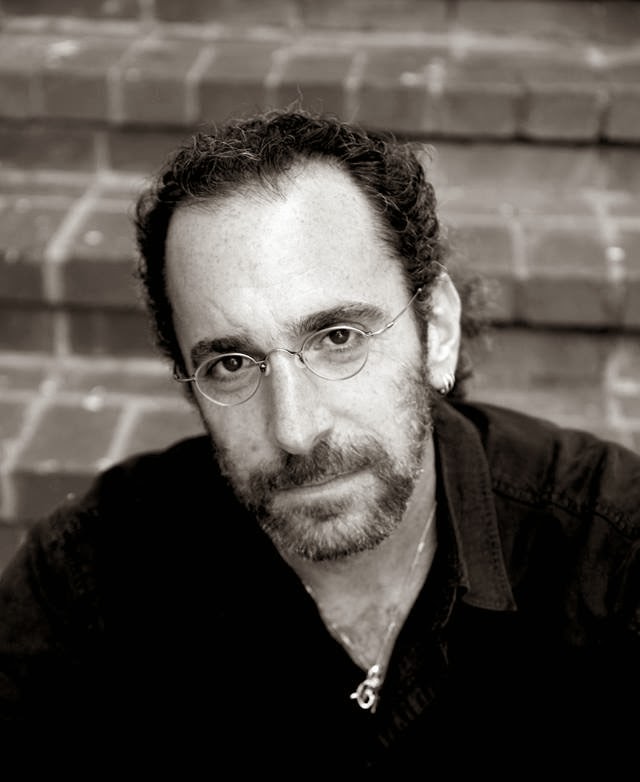I was tagged by friend, writing partner, and NYT bestselling author, Joni Rodgers to
join a friends blog tour, How
I Write. It’s a blog hop where I’m
to answer 4 questions (I put #2 & #3 together) about my process, then tag 4
other authors (I found 1, and he’s great, because together we’re gonna keep the
plane in the air!) who will do the same, forming a kind of conga line of
authors … one, two, three, four … hey! And a big fat Cha-Cha to everyone!
So, for the questions:
What am I writing?
At the moment, I’m between projects. SAFE
KEEPING, the story of a family struggling to deal with the calamity when
one of their own is charged with murder, came out from MIRA in March, and I
have a completed manuscript, working title, ANYWHERE BUT HERE, which is currently
on my agent’s desk. Briefly, it’s the story of Lauren Tate, a wife and mother
of two teenagers, who while out running errands—and while still suffering
lingering mental confusion from injuries she sustained in a recent
fall—narrowly misses striking Bo Laughlin with her car. Shaken, she stops and
is reassured to find he’s okay. Their encounter might have been the end of it, if
later on that same day, Bo hadn’t gone missing. Now an entire town has turned
out to find him—even Lauren who as it turns out was the last known person to
speak to him. Joining in the search effort, Lauren meets Bo’s half sister,
Annie, and although Lauren appears to Annie to be a bit unstable, to have
issues with her memory, Annie is drawn to her, and the two form a bond. But
then Lauren, incredibly, offers evidence that seems to indicate she might have
had a hand in Bo’s disappearance. Lauren denies culpability, but even she has
doubts. Where do you turn for help to find the truth, when no one trusts you,
when you can’t even trust yourself? But there is more to the story than Bo’s
disappearance, and while the resolution when it comes is shocking and life
altering, in an ironic twist it reveals yet another secret that leaves Lauren
questioning not only her sanity but her belief in all she has loved in her
life.
How does my work
differ from others of its genre? Why do I write what I do?
I combined these two questions because they seem inextricably
entwined to me. If I’m writing from my gut, which I do, then what I write comes
from that very individual place and that
automatically makes the work different. I might wish I could write those
lovely, literary and poignant novels, the sort that make you laugh and break
your heart, but when I sit down to write what comes to me are stories about
ordinary people—families—who abruptly find themselves in the midst of
extraordinary and calamitous circumstances, who are then faced with the
ultimate test of forgiving (or not) what in most of our minds would be
unforgiveable, and then finding the heart to go on, to survive and find
happiness again. So it’s the degree of realism, I think, that sets my books
apart. What happens in them could happen to anyone, and the way the
circumstances unfold is through the structure of actual family life and
relationships. A lot of my readers have commented that they find themselves
wondering as they read what they would do, they can see themselves that vividly
in the situation. I get comments, too, that the endings aren’t what they’ve
expected. As in real life, things don’t always tidy up into a pretty bow, but what
the endings do reflect is the indomitability of the human spirit, the presence
of hope, courage, and love through even the harshest struggle.
How does my process
work?
Guts mostly. Persistence. Discipline. I write even when I
would rather be somewhere else, doing something else other than pounding my
head on the wall trying to work my way into, or out of some scene, or some
character’s head, or out of a trap I wrote myself into. I’ve heard some authors
say they have to write, that they couldn’t not write. In my own head when I
hear this, I often think: Not me. But it must be so, because I’m very dogged
about it. All this time, through what? 5, 6, 7 novels now—I lose count—some are
in drawers! But throughout, regardless how many times I’ve been told no—and
it’s been a lot!—I get up the next day, and I write, usually at least four
hours. The whole thing starts with some question, a what-if sort of question,
then a character starts talking to me, having this dialogue, saying well, if
that happened, then I’d do thus and such. It’s not conscious, really. But the
next thing I know, I’m writing it down.
 Enough about me. Let’s talk about the other author who so
graciously consented to take part in this conga line.
Enough about me. Let’s talk about the other author who so
graciously consented to take part in this conga line.
No comments:
Post a Comment